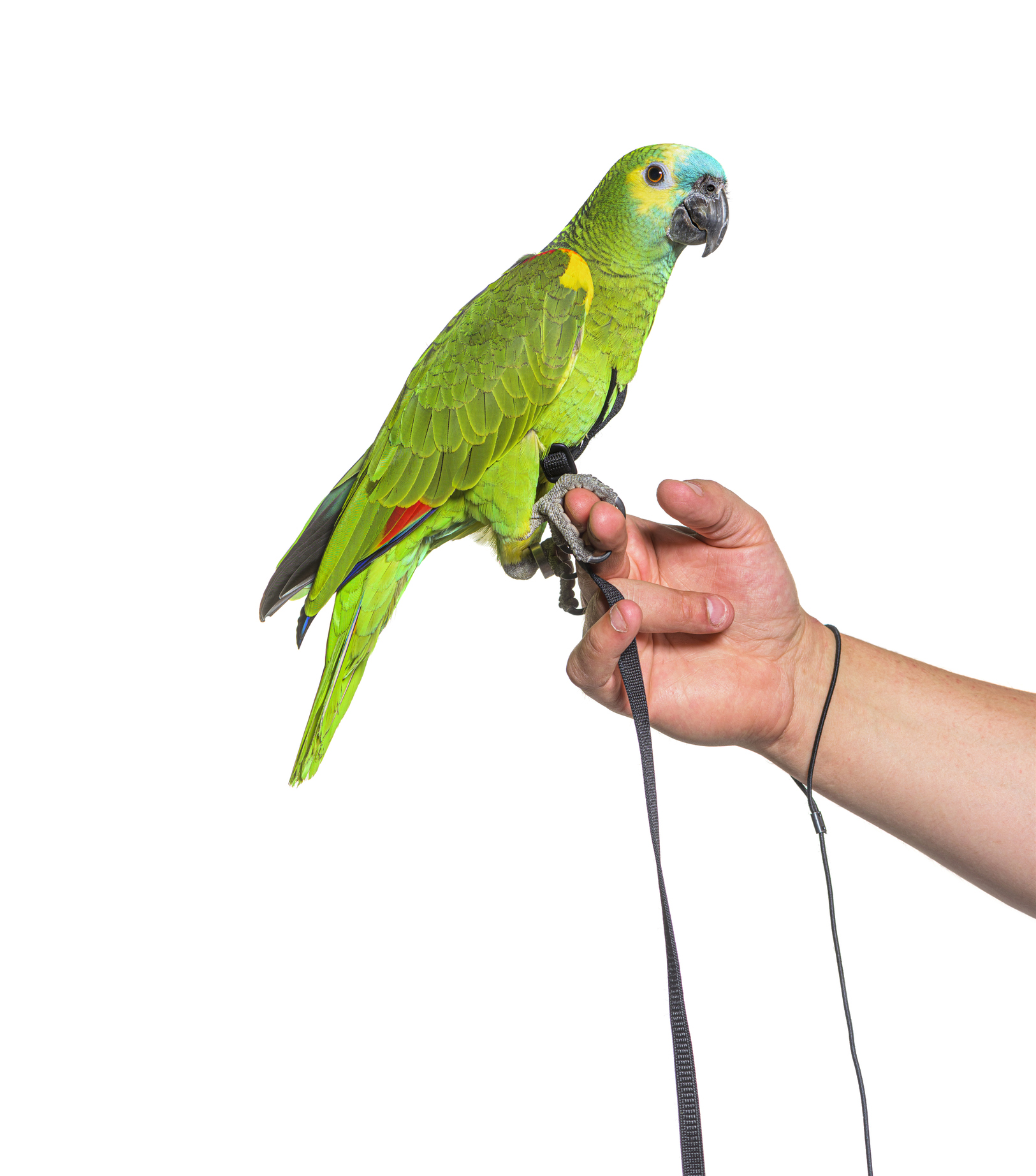New Year, New Leash on Life: Overcoming Pet Behavioral Challenges

Responsible owners of birds and exotic pets are well-versed in the myriad ways to promote quality of life. Sometimes, though, behavioral challenges can develop in spite of our best efforts to prevent boredom, anxiety, and other health conditions.
The New Year provides a valuable opportunity to assess the appearance and behavior of our pets. As a way to help them achieve optimal health and well-being, we are here to help owners overcome potentially problematic behaviors that can sometimes interfere with bonding, socialization, and much more.
Fascinating and Complex
Birds and exotic pets are unique and interesting, but the qualities that make them so cool require highly specialized care. In addition to conducting thorough research and careful planning prior to adoption (and all throughout cohabitation), owners should have access to ongoing professional guidance long before a health or behavioral emergency ever occurs. When all of the elements are aligned, the benefits of exotic or bird ownership are maximized.
They Are What They Eat
Behavioral challenges can stem from diet and nutritional deficiencies. It takes daily effort to deliver balanced and complete meals that include species-specific minerals, vitamins, and proteins.
Inadequate nutrition can lead to various diseases, but meal times also provide exotic pets with opportunities to hunt live prey. Without the chance to use their highly developed predatory instincts, behavioral challenges can occur. We can help you find the best food for your bird or exotic pet so they may continue to flourish in your care.
Behavioral Challenges and Habitat
Creating the ideal environment for your pet is crucial to their happiness and can reduce behavioral issues. Birds require and benefit from lots of space to stretch their wings, find new perches, and enjoy life in captivity. Reptiles and other exotic pets need heat sources, special lighting, and hideouts in order to feel safe and healthy.
It’s also worth mentioning that behavioral challenges can be linked to unsanitary conditions inside a bird’s cage or an exotic pet’s enclosure.
Behavior and Socialization
Depending on the species and their access to earlier enrichment opportunities, a pet may need and benefit from meaningful interactions with their owners and even other household animals. Other exotic pets may need more time and patience to draw them out. Without a doubt, some pets are just more aggressive than others. We can help you with different socialization strategies and behavioral support so that all the pets and people in your household remain safe.
Come See Us In the New Year
Routine wellness exams can prevent or reduce numerous health conditions affecting avian and exotic pets. Our experts are trained to assess the following behavioral problems:
- Aggression
- House-training challenges
- Self-destructive plucking, chewing, or overgrooming
- Anxiety
- Depression
- Boredom
Once behavioral problems are identified, moderate changes to a pet’s routine, habitat, and diet can help them enjoy optimal health and wellness.
If you have additional questions about a pet’s behavior, please call Texas Avian and Exotic Hospital at (817) 953-8560.

